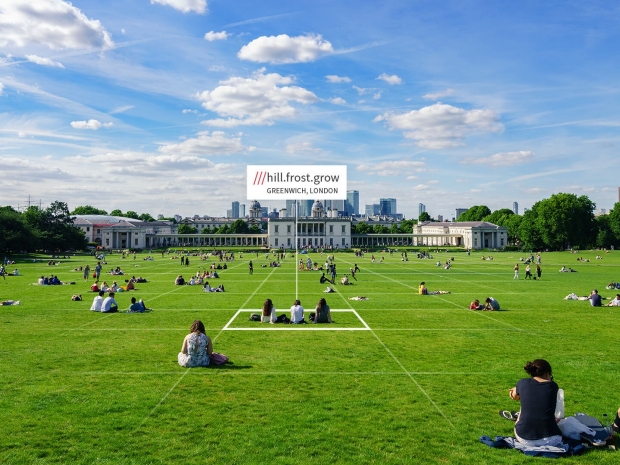Aaron Toponce, a systems administrator at XMission, received a letter from London-based law firm JA Kemp representing What3Words, requesting that he delete tweets related to the open source alternative, WhatFreeWords.
The letter also demands that he disclose to the law firm the identity of the person or people with whom he had shared a copy of the software, agree that he would not make any further copies of the software and to delete any copies of the software he had in his possession.
The letter gave him until May 7 to agree, after which What3Words would "waive any entitlement, it may have to pursue related claims against you", a thinly-veiled threat of legal action. "This is not a battle worth fighting", he said in a tweet.
Toponce has complied with the demands, fearing legal repercussions if he didn't. He has also asked the law firm twice for links to the tweets they want deleting but has not heard back.
"Depending on the tweet, I may or may not comply. Depends on its content", he said.
UK-based What3Words divides the entire world into three-meter squares and labels each with a unique three-word phrase. The idea is that sharing three words is easier to share on the phone in an emergency than having to find and read out their precise geographic coordinates.
Security researcher Andrew Tierney recently discovered that What3Words would sometimes have two similarly named squares less than a mile apart, potentially causing confusion about a person's true whereabouts.
In a later write-up, Tierney said What3Words was not adequate for use in safety critical cases.

